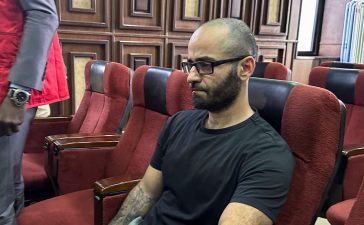Rwanda|Rwandans are marking 30 years since a genocide orchestrated by armed Hutu tore apart their country, as neighbours turned on each other in one of the bloodiest massacres of the 20th century.
President Paul Kagame led the commemoration on Sunday by placing wreaths on the mass graves in the capital, Kigali, flanked by foreign dignitaries, including the leaders of South Africa and Ethiopia as well as former US President Bill Clinton, who had called the genocide the biggest failure of his administration.
The killing spree, which began on April 7, 1994, lasted 100 days before the Rwandan Patriotic Front (RPF) rebel militia took Kigali in July of the year, and saw some 800,000 people dead, largely Tutsis but also moderate Hutus.
The assassination of Hutu President Juvenal Habyarimana on the night of April 6, when his plane was shot down over Kigali, triggered the rampage by armed Hutu men and the “Interahamwe” militia.

Their victims were shot, beaten or hacked to death in killings fuelled by vicious anti-Tutsi propaganda broadcast on TV and radio. At least 250,000 women were raped, according to the United Nations figures.
The tiny nation has since found its footing under the rule of Kagame, who led the RPF, but the scars of the violence remain, leaving a trail of destruction across Africa’s Great Lakes region.















